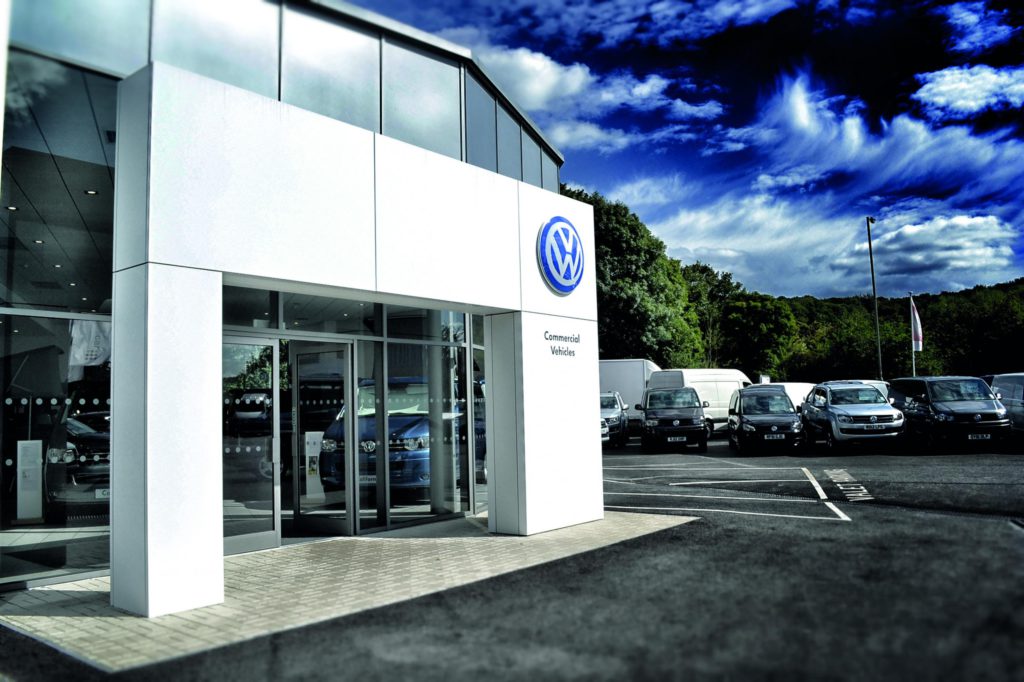Volkswagen to push sales digitalisation and new dealer formats by 2020
18 October 2018

18 October 2018
Volkswagen has announced it will fundamentally realign its sales model together with its dealers to ensure it is fit for the future.
The vehicle manufacturer presented its vision to its 5,400 dealers and service providers across Europe and plans to complete its reorganisation by April 2020. The objective is to provide seamless individual round-the-clock support for customers going far beyond vehicle sales by a unique Volkswagen customer ID.
The company has said that it will change the car buying experience, with online sales massively expanded and direct sales for the first time. Also, five new sales and service formats, such as city showrooms or pop-up stores, are to be added to Volkswagen’s dealer programme. At the same time, the sales organisation is to become more flexible and efficient.
′This is the right step at the right time,’ says JÜrgen Stackmann, Board Member for Sales of the Volkswagen brand. ′We have adopted this approach because our business environment is changing at a breath-taking pace given new technologies, changed customer expectations and new market players.’
According to Stackmann, Volkswagen is outstandingly well positioned, with qualified sales and service partners, an established logistics network, a strong product portfolio and extremely loyal customers. He added that the new sales model was the combination of this infrastructure with the new elements, which would define business in the future, such as digital products and services or new online sales possibilities for products and services.
The new sales model is being driven by the progressive digitalisation and connectivity of the Volkswagen fleet, which will reach a new level with the introduction of the new, fully connected electric ID. family in 2020. From then on, Volkswagen customers with their personal ID number are to be at the centre of a fully networked world of mobility including seamless individual support going beyond vehicle purchasing, with round-the-clock availability. ′This way, we will learn more about our customers’ needs and will be able to develop optimum tailor-made offerings for each customer through intelligent data management. This is already practised successfully in other sectors,’ Stackmann continued.
Online business will make a key contribution to the development of the new sales model and is currently being massively expanded. Within the framework of its new digital partnership with its dealers, Volkswagen will develop a joint Internet platform which will handle the entire purchasing process through to contract conclusion – including financing, payment and even used car trade-ins. Customers will be able to choose from the entire brand model range and to complete their car purchase with their selected dealer online.
People who prefer to maintain personal contact with the brand and the dealer will have a choice of different points of contact in the future. There will be five new formats in addition to the traditional full-feature dealership with sales and service under one roof. Each dealer will only need to have one full-feature facility in the future.
In September, Ford launched an online sales service, as it aimed to reach customers in new and innovative ways. The company said the service puts customers in control of the purchase process, allowing them to part exchange a current vehicle, chose a new Ford, set preferred payment terms and arrange delivery via participating dealers.’